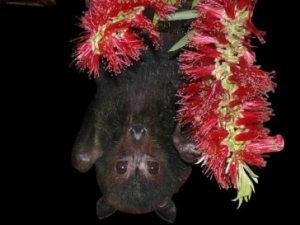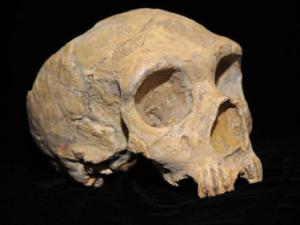

Research Bio
Wayne Getz is a professor in the graduate school of the Department of Environmental Science, Policy, and Management. Students and postdoctoral students in his laboratory work on a broad range of theoretical and applied questions in population and biology with application to epidemiology and conservation biology.
Research Expertise and Interest
Africa, disease ecology, wildlife conservation, resource management
In the News
America on edge: Berkeley scholars’ early election thoughts
Coronavirus outbreak raises question: Why are bat viruses so deadly?
Deadly human diseases may have killed off the Neanderthals
Climate change could kill off parasites, destabilizing ecosystems
New AIDS research uses models to see through lies about sex, inform HIV policy
The increasingly couples-focused public-health policy for AIDS prevention in sub-Saharan Africa underestimates the role that cheating spouses play in transmitting the virus, according to a new study from the University of California, Berkeley.
Wildlife biologists put dogs' scat-sniffing talents to good use
UC Berkeley biologists have harnessed dogs' natural talent for sniffing out the scat of other animals for a good cause. With the help of Working Dogs for Conservation, a Montana-based nonprofit organization, researchers are fine-tuning the use of dogs as a non-invasive tool for wildlife studies and management.
Ecology and epidemiology in the age of GPS
Berkeley professor Wayne Getz uses global positioning technology, along with his background in mathematics, to help conserve zebra, buffalo and other animals in his native South Africa. In the process, he is helping to train the next generation of African-born ecologists.







